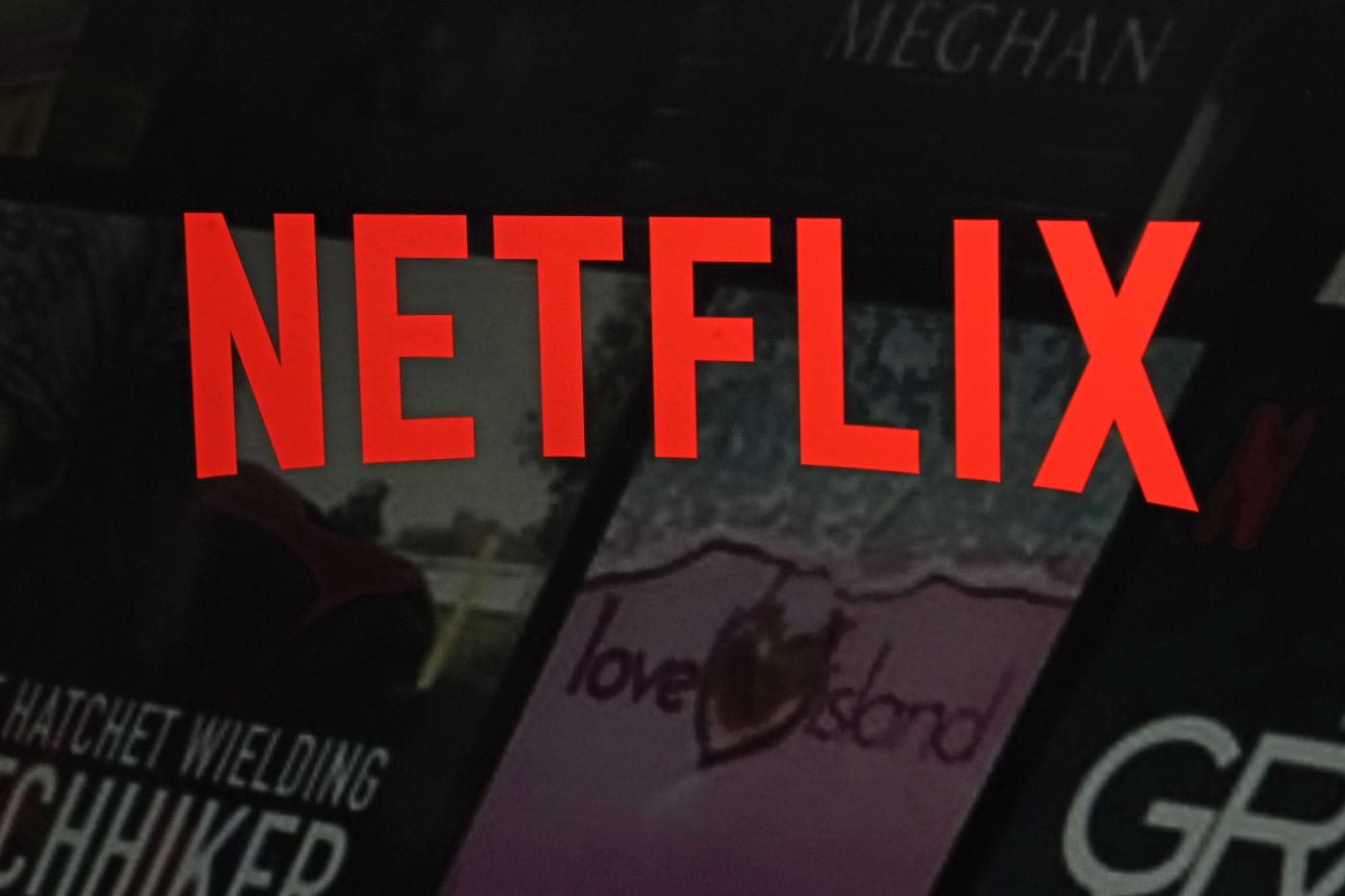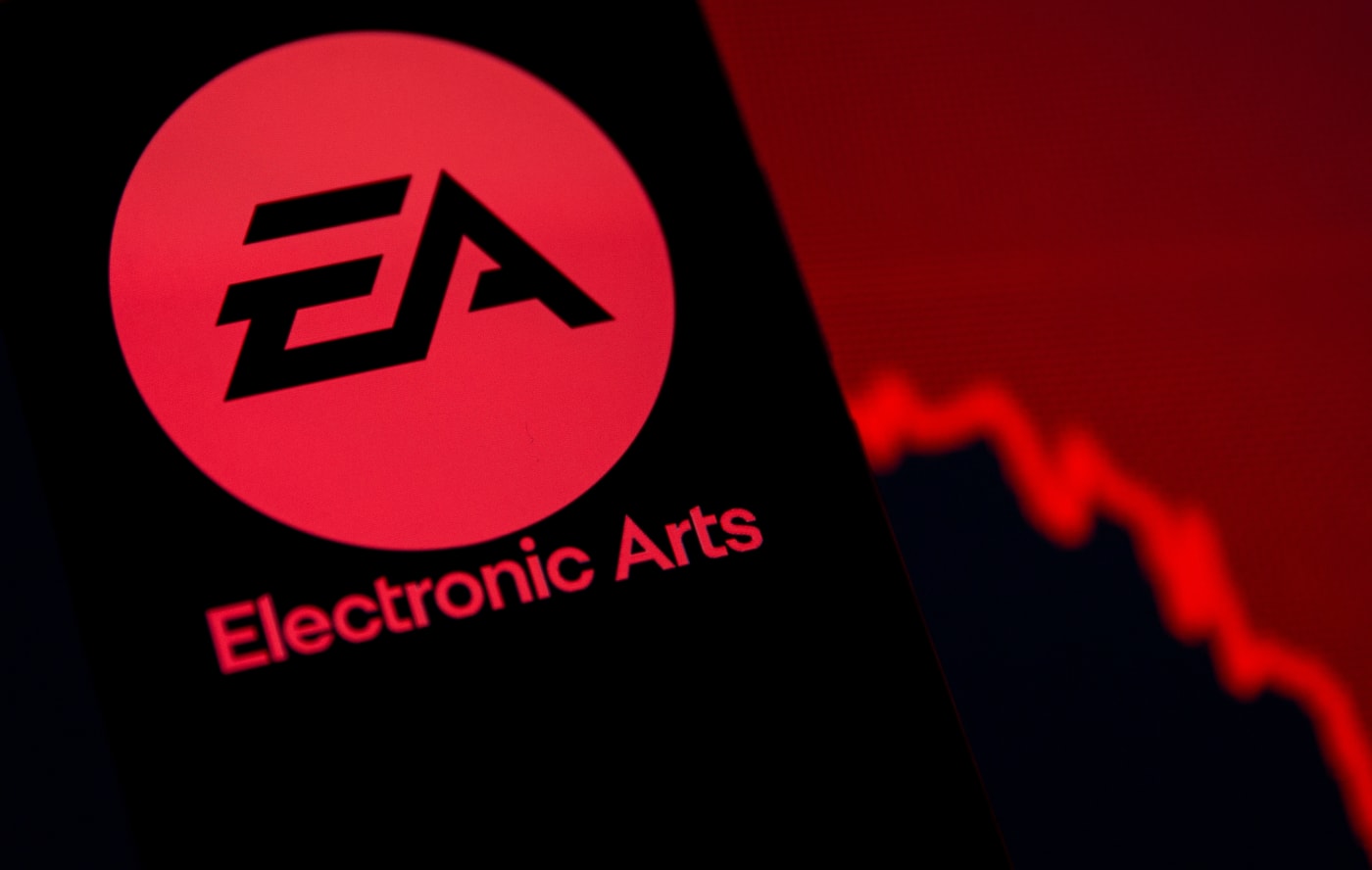OpenAI will now use content from Wired, Vogue and The New Yorker in ChatGPT's responses
Condé Nast, the media conglomerate that owns publications like The New Yorker, Vogue and Wired, has announced a multi-year partnership OpenAI to display content from Condé Nast titles in ChatGPT as well as SearchGPT, the company’s prototype AI-powered search engine. The partnership comes amid growing concerns over the unauthorized use of publishers’ content by AI companies. Last month, Condé Nast sent a cease-and-desist letter to AI search startup Perplexity, accusing it of plagiarism for using its content to generate answers.
“Over the last decade, news and digital media have faced steep challenges as many technology companies eroded publishers’ ability to monetize content, most recently with traditional search,” Condé Nast CEO Roger Lynch wrote to employees in a memo that was first reported by Semafor’s Max Tani. “Our partnership with OpenAI begins to make up for some of that revenue, allowing us to continue to protect and invest in our journalism and creative endeavors.” It's not clear how much money OpenAI will pay Condé Nast for the partnership.
The move makes Condé Nast the latest in a growing line of publishers who have struck deals with OpenAI. These include News Corp, Vox, The Atlantic, TIME and Axel Springer among others. But not everyone is on board with the idea. Last year, the New York Times filed a lawsuit against OpenAI for using information from the publisher’s articles in ChatGPT’s responses.
Lynch has been vocal about these concerns. In January, he warned that “many” media companies could face financial ruin by the time it would take for litigations against AI companies to conclude and called upon Congress to take “immediate action" to take "immediate action" and clarify that publishers must be compensated by AI companies for both training and output if they use their content. Earlier this month, three senators introduced the COPIED ACT, a bill that aims to protect journalists and artists from having their content scraped by AI companies without their permission.
Perplexity, which was recently accused by Forbes and Wired of stealing content, now plans to share a portion of potential advertising revenues with publishers who sign up for a newly-launched Publishers’ Program.
This article originally appeared on Engadget at https://www.engadget.com/ai/openai-will-now-use-content-from-wired-vogue-and-the-new-yorker-in-chatgpts-responses-193057432.html?src=rss
©

© REUTERS / Reuters














